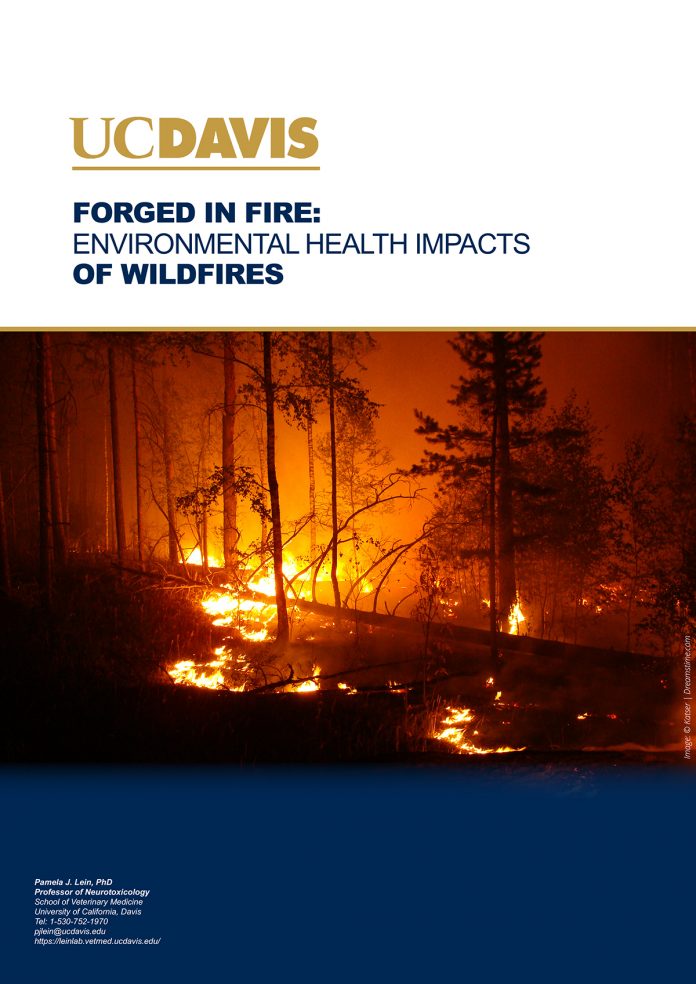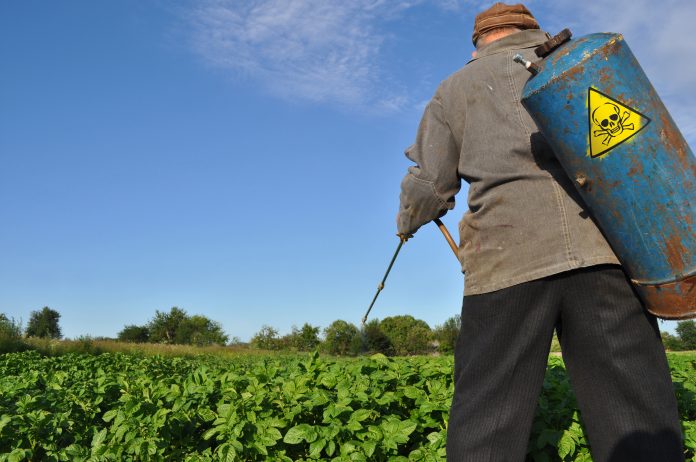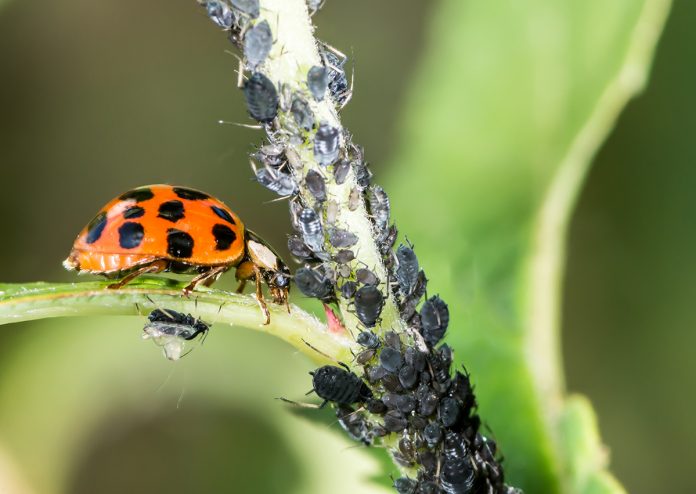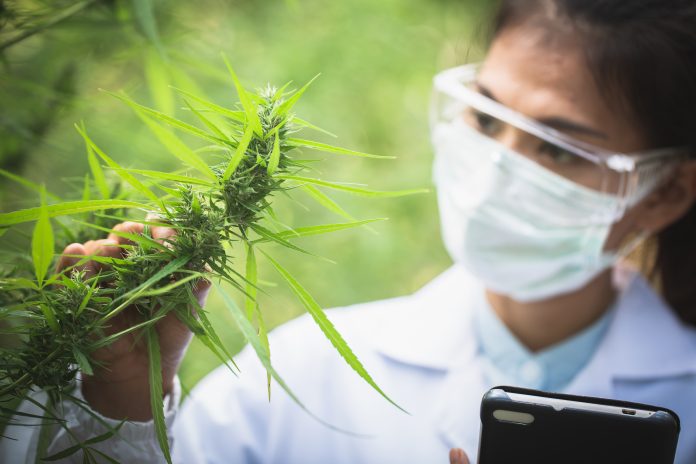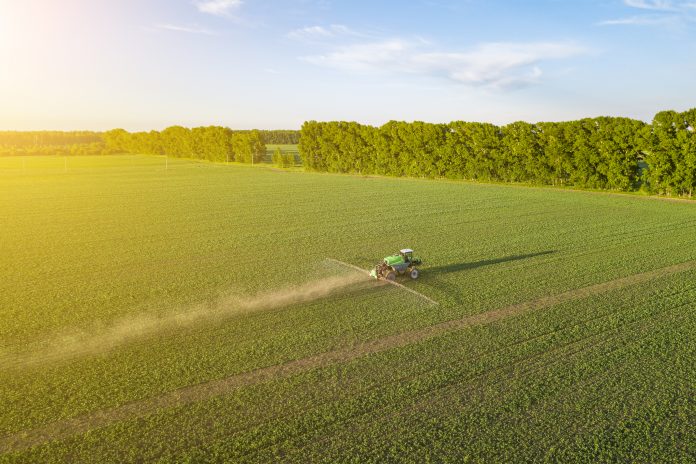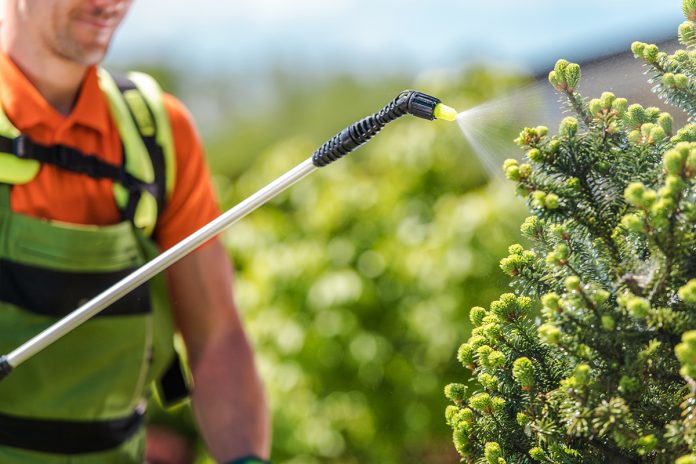Open Access Government produces compelling and informative news, publications, eBooks, and academic research articles for the public and private sector looking at health, diseases & conditions, workplace, research & innovation, digital transformation, government policy, environment, agriculture, energy, transport and more.
Home Search
toxicology - search results
If you're not happy with the results, please do another search
From crime scene to courtroom: Advancing the fair administration of justice
National Institute of Justice forensic science research is strengthening the fair and impartial administration of justice, explains Jonathan McGrath, Senior Policy Analyst, National Institute of Justice, Office of Investigative and Forensic Sciences
TheraVision: An oncolytic virus platform technology for a personalised virus-immunotherapy
Prof Dr Susanne M Bailer, Fraunhofer Institute for Interfacial Engineering and Biotechnology IGB, explains the possibilities of an oncolytic virus platform technology.
Forged in fire: The environmental health risks of wildfires
Here, Pamela J. Lein discusses the environmental health risks of wildfires.
The long-term effects of exposure to nanoparticles
In toxicology & health science focus, Ken Tachibana, Sanyo-Onoda City University in Japan, walks through the long-term effects of exposure to nanoparticles
Study finds how chemical exposure affects our health
Researchers have found a method to ascertain how pollutants and other chemicals we are exposed to affect our body and health, by discovering whether a substance has biological effects in an organism.
Autopsies: The dead serving the living
How forensic autopsies are not only used to determine a cause of death, but also to support medical research and development
The tobacco ‘endgame’: Is it possible?
Dr Eduardo Bianco, Chair of the Tobacco Expert Group at the World Heart Federation discusses the ongoing battle to end the tobacco epidemic, and how e-cigarettes may be part of the problem.
Controlling Banana Xanthomonas Wilt Disease in East Africa
Experts Leena Tripathi, Jaindra Nath Tripathi and Richard Goodman, provide a compelling analysis of controlling Banana Xanthomonas Wilt Disease in East Africa.
Natural pest control: Moving forward with biopesticides
Dr Joel R. Coats, Distinguished Professor of Entomology & Toxicology, explains biopesticides in the field of natural pest control.
Tackling the impacts of pesticides on human, animal and environmental health
Jane Mills, University of Gloucestershire, tells us about the SPRINT project’s aim to tackle the impacts of pesticides on human, animal and environmental health.
GE crops: Biotech and novel food safety conflicts
Dr Richard E. Goodman of the Food Allergy Research and Resource Program discusses GE crops and the US FDA, EFSA and CODEX international guidelines
Using UVC light on disinfectants makes them safer to use
A new study from the University of Waterloo has found that applying UVC light to common disinfectants makes them safer to use against COVID-19.
Defeating late blight disease of potato in sub-Saharan Africa
Three academic experts, including Richard E. Goodman from the Food Allergy Research and Resource Program, shed light on defeating late blight disease of potato in sub-Saharan Africa, starting with a brief introduction to the crop in question.
CBD Novel Foods in the UK
Lead Scientific Officer at Always Pure Organics Andrew Megahy, explains how the UK is now in a prime position for the future of CBD use, due to the Novel Foods Application.
Why Nitrogen cycling is a keystone indicator in sustaining soil health
Zachary Senwo, Fulbright Scholar & Professor of Soil Microbial Biochemistry, Environmental Science & Toxicology at Alabama A&M University, explores nitrogen cycling in sustaining soil health and agricultural systems.
Environment & human health: Pesticide risks
Cecilia Van Cauwenberghe from Frost & Sullivan’s TechCasting Group, discusses alternative solutions to address pesticide risks for the environment and human health. Her article starts with the concern around pesticides use.
Cities contain 50% of the world’s population but are left out of climate calculations
While cities only occupy around 3% of the Earth, they are where 50% of the world's population live - but they are not usually included in global climate calculations, meaning that urban environmental problems can slip under the radar.
What causes insecticide resistance?
Dr. Joel R. Coats, Distinguished Professor of Entomology & Toxicology, sheds some light on the causes of everchanging insecticide resistance.
Can we live without pharmacology?
Aida Batista, Vice President of the European Association of Hospital Pharmacists (EAHP), explores if we can live without pharmacology, including comment on the use of opioid and sedative drugs.
Dr Elica M. Moss: Changing the landscape of microbiology
Here, we interview Dr Elica M. Moss, a Research Assistant Professor in Environmental Health and Environmental Toxicology at the Alabama A&M University.



